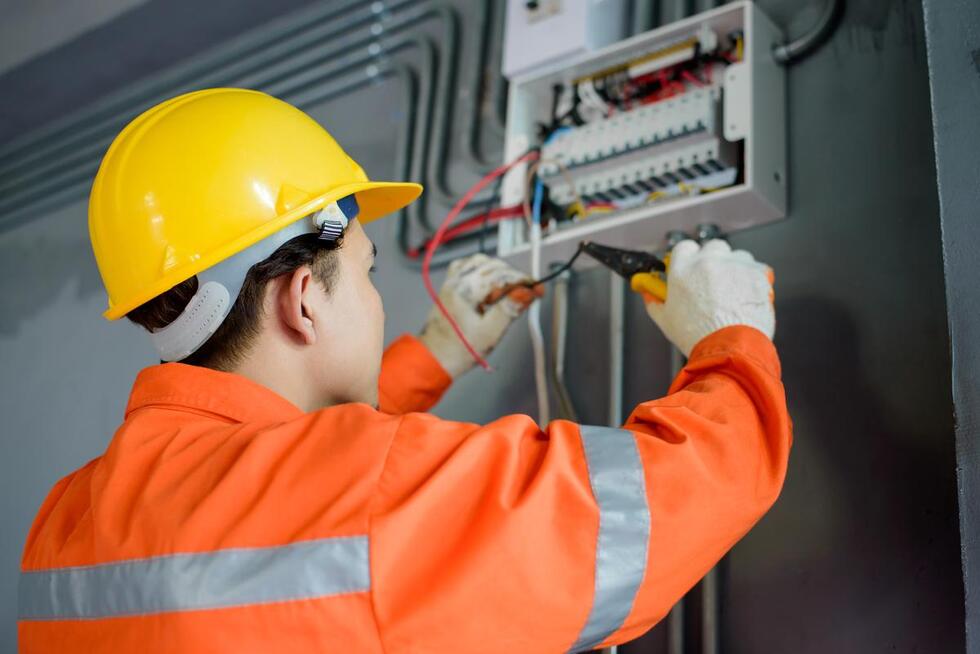The evolution of LEW electrical regulations in Singapore represents more than mere bureaucratic refinement; it embodies a broader historical transformation in how modern states balance individual professional autonomy with collective safety imperatives. This regulatory architecture, developed over decades of careful institutional learning, reflects Singapore’s particular approach to governance: meticulous, comprehensive, and deeply attentive to the cascading effects of individual actions within densely interconnected urban systems.
Historical Context of Electrical Worker Regulation
Singapore’s LEW electrical oversight emerged from lessons about inadequate professional standards in rapidly urbanising environments. The city-state’s transformation required not merely electrical infrastructure construction, but simultaneous development of institutional frameworks ensuring safe operation and maintenance.
The regulatory evolution reveals how leaders understood that electrical competency represented more than individual skill. In densely interconnected systems, electrical work quality became collective security, requiring institutional oversight beyond traditional market mechanisms.
The Architecture of Professional Classification
The Energy Market Authority’s classification system for electrical workers demonstrates institutional recognition that professional competency exists along a carefully graduated spectrum:
- Licensed Electricians: Authorised for residential and small commercial installations up to 45kVA and 1,000 volts, representing foundational electrical practice
- Licensed Electrical Technicians: Capable of managing more sophisticated installations up to 500kVA, with design authority for systems up to 150kVA
- Licensed Electrical Engineers: Professional engineers handling the most complex electrical infrastructure projects under separate professional engineering legislation
This tiered approach reflects a sophisticated understanding of how professional authority should align with demonstrated capability, preventing the dangerous practice of practitioners operating beyond their proven competencies whilst ensuring appropriate oversight for each level of work complexity.
Pathways to Professional Recognition
The journey toward LEW electrical qualification in Singapore demands both theoretical mastery and practical experience, reflecting institutional recognition that electrical competency cannot be achieved through academic study alone. Applicants must navigate multiple educational and experience requirements:
- Educational Foundation: National Institute of Technical Education certificates or equivalent qualifications acceptable to authorities
- Practical Experience: Ranging from two to ten years, depending on educational background and chosen specialisation pathway
- Regulatory Knowledge: Comprehensive familiarity with the Electricity Act 2001 and subsidiary regulations governing electrical safety
- Technical Proficiency: Understanding of Code of Practices, including SS 638, SS 650 Part 1, and SS 650 Part 2 standards
The multi-dimensional nature of these requirements acknowledges that electrical work requires integration of theoretical understanding, practical skill, and regulatory awareness in ways that traditional educational models rarely achieve independently.
Assessment and Verification Processes
The evaluation process for LEW electrical professionals reveals the Energy Market Authority’s commitment to a comprehensive competency assessment that extends beyond conventional examination models. Candidates must demonstrate their capabilities through multiple evaluation formats:
- Written Assessment: 60 multiple-choice questions covering domestic installations, industrial applications, and regulatory frameworks
- Design Evaluation: Structured questions on electrical drawing and technical design principles
- Practical Testing: Hands-on demonstration of technical competencies under supervised conditions
- Technical Interviews: Professional discussions assessing practical understanding and problem-solving capabilities
This multi-stage approach creates multiple opportunities for candidates to demonstrate competency whilst ensuring that the evaluation encompasses the full range of skills required for safe electrical practice.
Consumer Protection and Verification Systems
“All electrical works must be supervised or carried out by a licensed electrical worker of appropriate class.” This fundamental requirement from the Energy Market Authority establishes the legal framework for electrical safety whilst placing responsibility on consumers to verify professional credentials. The Electronic Licence Information Service portal provides public access to LEW electrical verification, enabling property owners to independently confirm professional qualifications.
However, the effectiveness of verification systems depends heavily on public awareness and utilisation. Many consumers remain unaware of their responsibility to verify electrical worker credentials, creating gaps in the safety system that regulatory authorities continue addressing through education and outreach initiatives.
Technological Evolution and Professional Adaptation
Rapid electrical technology advancement presents ongoing challenges for LEW electrical regulation. Traditional competencies must expand to encompass renewable energy systems, electric vehicle charging infrastructure, and smart building technologies.
These developments create tensions for professional development. The Energy Market Authority must balance established safety standards with ensuring training programmes keep pace with innovation. Licensed electrical workers must continuously update skills to remain relevant.
Economic and Social Implications
The LEW electrical system creates both opportunities and challenges for Singapore’s economic development. Rigorous professional standards enhance electrical infrastructure quality, whilst comprehensive training requirements can limit practitioner availability. Singapore’s approach prioritises safety over market convenience, reflecting calculated decisions about acceptable risk levels in dense urban environments.
International Perspectives and Comparative Analysis
Singapore’s LEW electrical regulation demonstrates how urbanised jurisdictions can manage complex safety challenges through comprehensive professional oversight. The system’s graduated responsibility and continuous verification provide frameworks that other jurisdictions examine when developing regulatory approaches. However, maintaining such oversight requires substantial institutional capacity that may become challenging as electrical systems grow more complex.
Future Directions and Institutional Evolution
As Singapore continues evolving its electrical infrastructure to support sustainability goals and technological advancement, the LEW electrical framework will require ongoing refinement to address emerging challenges while maintaining fundamental safety commitments. The integration of artificial intelligence, Internet of Things technologies, and advanced energy management systems will likely necessitate new categories of professional competency and corresponding assessment mechanisms.
The institutional relationship between regulatory authority and professional practice demonstrates that effective safety management requires sustained commitment to comprehensive oversight that prioritises community wellbeing over administrative convenience. This framework continues evolving to meet changing technological and social needs whilst maintaining its fundamental purpose: ensuring that electrical infrastructure serves Singapore’s development goals safely and effectively through rigorous LEW certification standards that protect both practitioners and the broader community.

